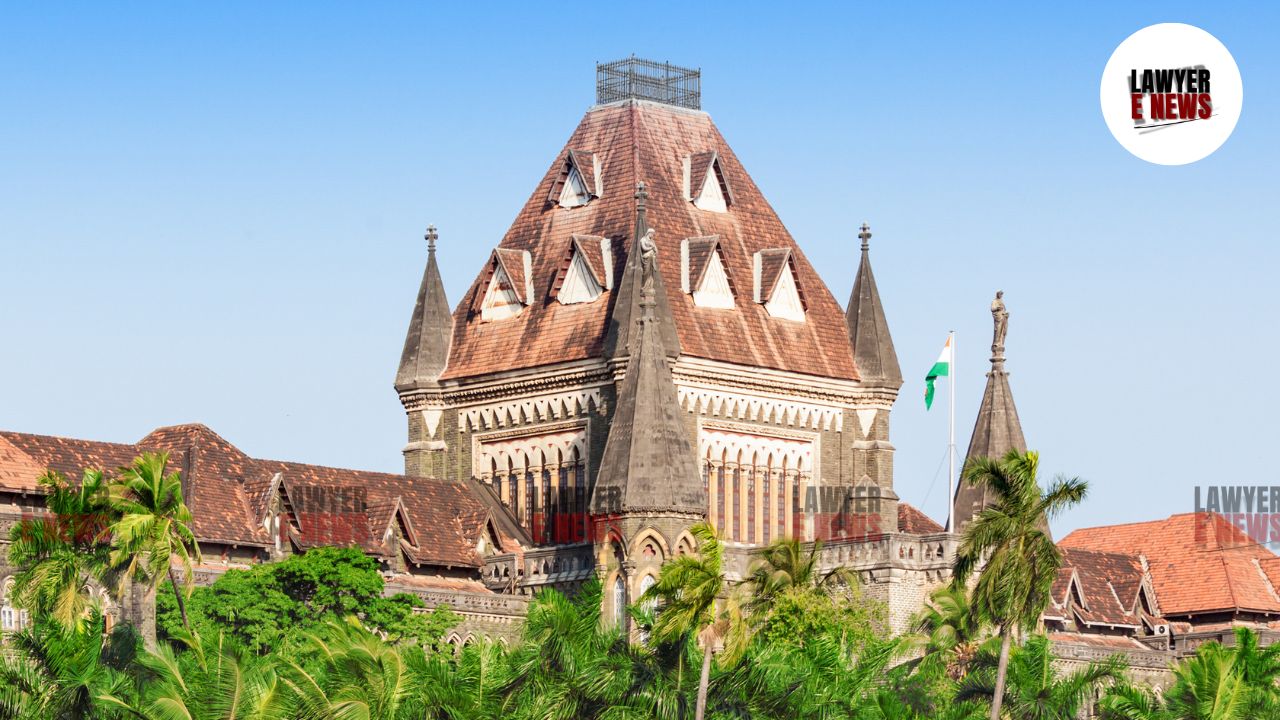-
by Admin
15 February 2026 5:35 AM



Bombay High Court at Goa, presided over by Justice Bharat P. Deshpande, delivered a ruling in Ms. Ashwini Agni v. Mr. Kassim Jamuluddin Shaikh & Others, rejecting a writ petition challenging an inquiry order issued under Section 202 of the Criminal Procedure Code (CrPC). The petitioner, Ms. Ashwini Agni, a practicing advocate, sought the quashing of a private complaint and a related order issued by the Metropolitan Magistrate, Kurla. The court held that the petition was premature, as the Magistrate had not yet issued process and the investigation was still ongoing.
Ms. Ashwini Agni, an advocate, faced allegations in a private complaint filed by Mr. Kassim Jamuluddin Shaikh, which accused her and others of offenses under various sections of the Indian Penal Code, including criminal conspiracy, extortion, and defamation. The complaint stemmed from a matrimonial dispute involving Mr. Shaikh and his wife, who was represented by Ms. Agni. Initially, Mr. Shaikh had filed the complaint with Kurla Police, and upon receiving no cognizance, he moved the Magistrate under Section 156(3) CrPC, later requesting it be treated as a complaint under Section 190 CrPC.
On June 16, 2023, the Metropolitan Magistrate, Kurla, directed an inquiry under Section 202 CrPC and ordered the Kurla Police to submit an investigation report within four months. Agni challenged this order, arguing procedural lapses, lack of territorial jurisdiction, and sought quashing of the complaint.
The key legal issues before the court involved whether the Magistrate complied with Section 202(1)(b) CrPC in directing a police inquiry, and whether the Magistrate at Kurla had territorial jurisdiction, since the alleged offenses occurred in Goa.
Agni contended that the Magistrate failed to record the complainant’s statement or examine witnesses on oath, as required under Section 202(1)(b) CrPC, and thus the order was illegal. She also argued that no part of the cause of action arose in Mumbai, making the Kurla Magistrate’s jurisdiction questionable.
The court observed that the Magistrate complied with Section 202 CrPC by accepting an affidavit from the complainant in lieu of verification. The Magistrate had the discretion to order a police inquiry since some accused, including the petitioner, resided outside the Magistrate's territorial jurisdiction. The court held, “The Magistrate rightly exercised discretion under Section 202 CrPC, especially as some accused resided beyond his jurisdiction.” [Para 20].
Addressing the issue of jurisdiction, the court deemed it premature. The Magistrate had yet to issue process or take cognizance of the complaint, and the question of territorial jurisdiction would be assessed only after considering the sufficiency of the grounds under Sections 203 or 204 CrPC. The court stated, “At the stage of inquiry under Section 202 CrPC, the Magistrate is not required to determine jurisdiction but only to ascertain sufficient grounds for proceeding.” [Paras 22, 34].
The court concluded that Agni's challenge was premature, as the investigation under Section 202 CrPC was ongoing, and the Magistrate had not yet taken cognizance of the case or issued process. The court emphasized that Agni could challenge the process if issued under Section 204 CrPC, but not at this stage. “Challenging the Magistrate’s order before the conclusion of the investigation and before any process is issued is premature,” the court held [Para 28].
The petitioner also received a notice under Section 160 CrPC from the Kurla Police Station, directing her to appear for inquiry. Agni argued that this notice gave rise to the cause of action to challenge the Magistrate’s order. However, the court held that the notice was a procedural step to facilitate the investigation, not grounds to quash the inquiry. “The notice under Section 160 CrPC does not amount to a criminal charge, and the petitioner is only required to appear as a witness,” the court ruled [Paras 29, 30].
The Bombay High Court dismissed the petition as premature, upholding the Magistrate's order for an inquiry under Section 202 CrPC. The court advised the petitioner to await the outcome of the ongoing investigation, after which objections concerning jurisdiction and process could be raised. The petition was thus rejected on all grounds, emphasizing that no process had been issued against Agni at this stage.
Date of Decision: September 18, 2024
Ms. Ashwini Agni v. Mr. Kassim Jamuluddin Shaikh & Others
